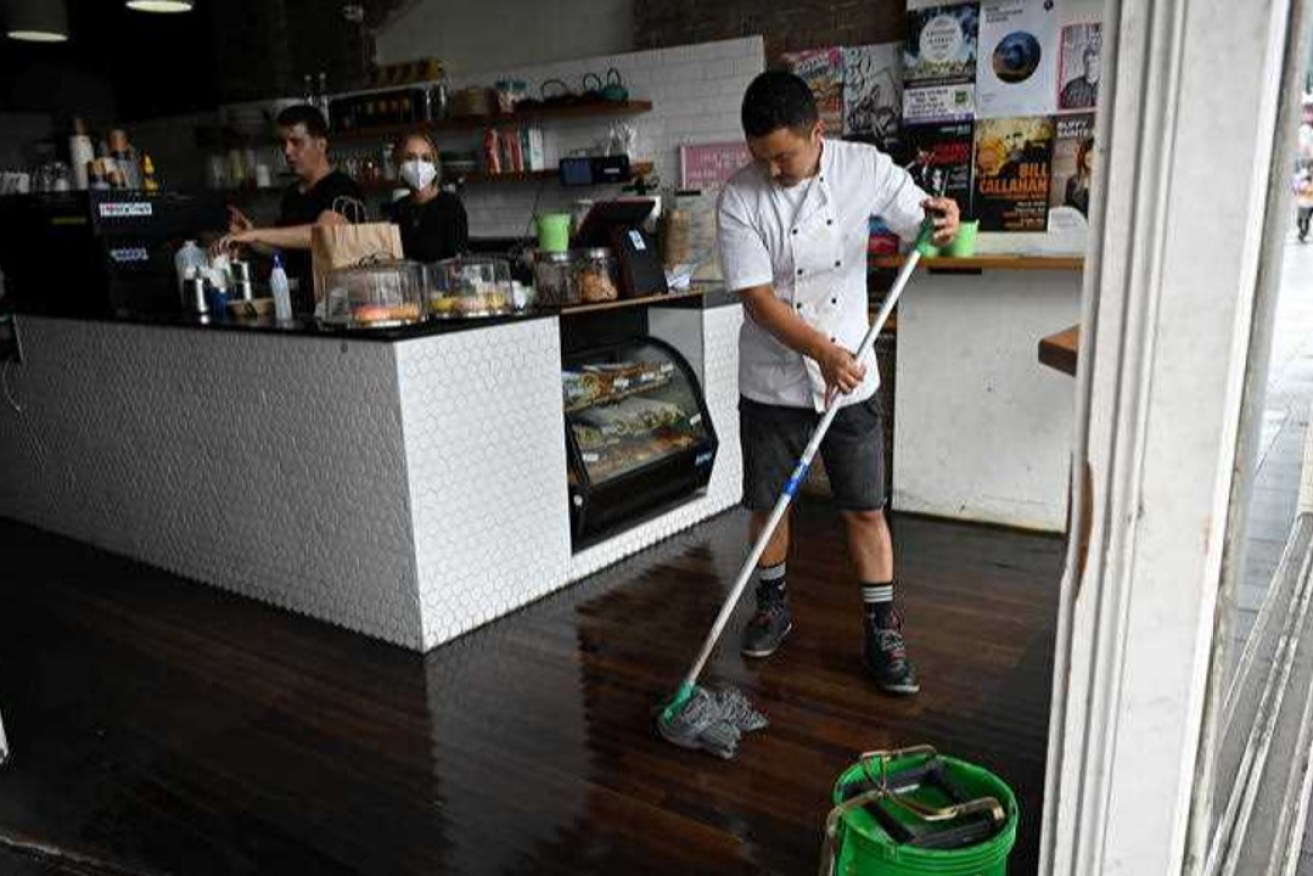International students and exploitative employers will face greater scrutiny as the government tries to rein in migration levels from historic highs and reform a broken system.
Overseas net migration peaked during the last financial year as 500,000 people arrived in Australia, hundreds of thousands more than past years.
This was largely caused by the return of international students and tourists after the population shrank during the COVID-19 pandemic and though things have generally returned to normal, the number of migrants is expected to remain elevated.
Home Affairs Minister Clare O’Neil will unveil a plan on Monday that could return migration to pre-pandemic numbers by the next financial year and halve net overseas migration to 250,000 by 2025.
“We can only run this successful migration program for our country when we’ve got widespread community support, and we won’t have that if the numbers remain at these unsustainable levels,” O’Neil said.
International students, who make up a significant majority of migrant numbers, would be subject to increased minimum English language requirements.
If these were applied to the 2023 cohort, tens of thousands of students and graduates would not have received their visas.
The government will also propose applying greater scrutiny to student visa applications from high-risk providers, and shortening graduate visas to prevent migrants from prolonging their time in Australia if they do not have prospects to become permanent residents.
More than half of graduate visa holders are working significantly below their skill level, even those who graduated from degrees tied to skill shortages like engineering and IT.
As such, the government also hopes to strengthen graduate visas and bolster the prospects of genuine international students.
“We are lifting standards for international students and ensuring that they are actually here to (learn) and not to work. This is critical to restoring integrity and trust in the system,” O’Neil said.
The migration strategy has also outlined plans to boost pathways for skilled migration via new types of visas aimed at addressing shortages for high-paying and in-demand industries.
“We want scientists and doctors and brilliant people, cybersecurity specialists to come here. They will help with the productivity of everyone around them that will help grow businesses and create jobs,” O’Neil said.
“Today, it’s virtually impossible to get those people into the country, so what we’re doing with this new strategy for the country is opening up at that high skill end.”
On the lower-paying end, the government will also continue its crackdown on migrant worker exploitation, and simplify the visa process.
The strategy also commits to developing a public register of approved sponsors to bolster oversight and suggests improving post-arrival monitoring and compliance through co-ordinated efforts with the tax system.
All of this is a response to a March review conducted by former public servant Martin Parkinson, which provided 38 recommendations after discovering the Australian migration system was not “fit-for-purpose”.
Not only did it fail to attract highly skilled migrants, it has facilitated worker exploitation among lower-paid migrants.
The review also pointed to abuses of the international student acceptance systems, which have allowed non-genuine students to enrol in purely credential courses that provide a pipeline to the Australian labour market, threatening the integrity of the international education system.
Treasurer Jim Chalmers said the migration strategy was carefully crafted to balance the needs of the country with the national economic interest.
“Our migration strategy is about better targeting that migration, it’s about cracking down on rorts and it’s about ensuring that we get the migrants that we need to grow our economy,” he said on Sunday.
Opposition immigration spokesman Dan Tehan said the government needed to reduce migration numbers as soon as possible.
“This is at levels we have never seen the likes of in this country,” he said.
– AAP





